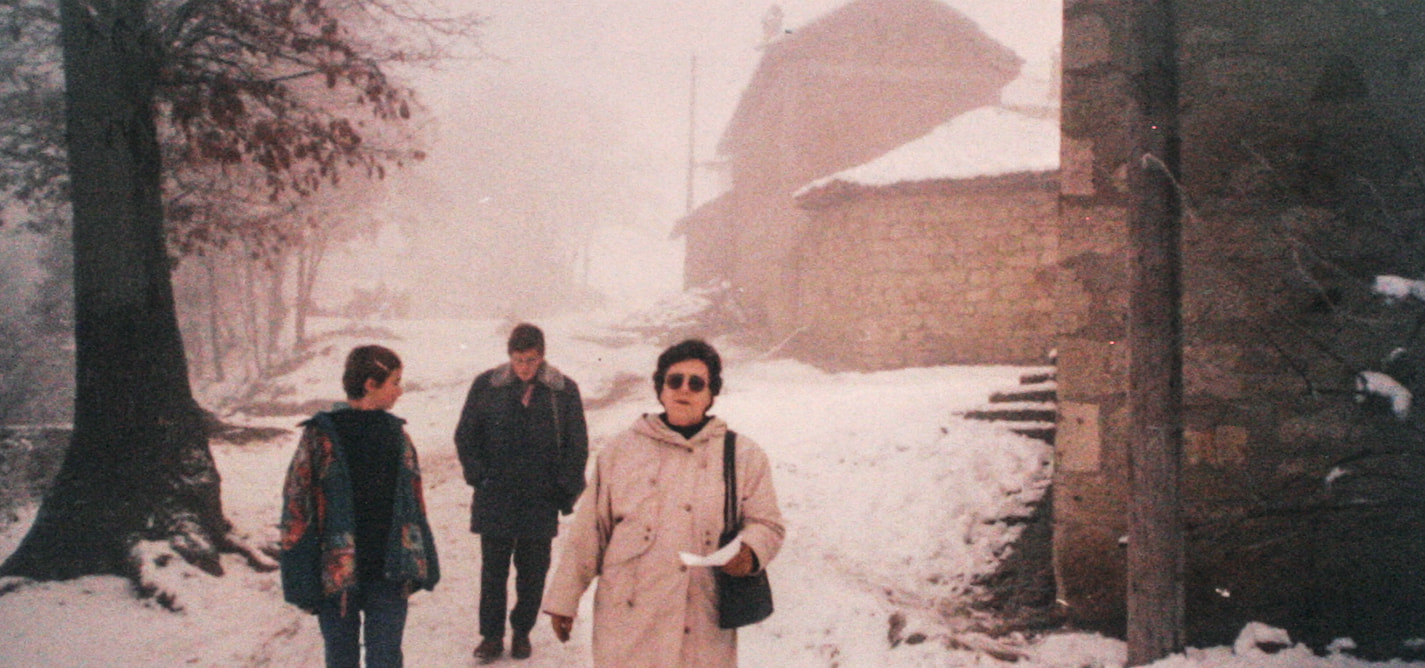
How one couple kept education possible
A Buçinca couple came to the aid of girls in Kosovo villages who were forced to quit school in the 1990s.
|30.12.2019
|
Naxhije and Fahri Buçinca are a couple from Vushtrri who went door-to-door during the 1990s to find girls who had quit school and to help them continue their education.
For the Buçinca couple, convincing parents to allow their daughters to go back to school was more difficult in cases when the mentality - rather than poverty - was the reason behind their reluctance.
“That’s what kept us alive, the joy that we felt from putting a girl back in school."

Medina Pasoma
Medina Pasoma is a student at the Faculty of Journalism and Education and works actively with literature. She is a mentee within K2.0’s Professional Shadowing Mentorship Program (second generation, 2019). She decided to take part in the program to start her career in journalism and to write about interesting current issues.
This story was originally written in Albanian.